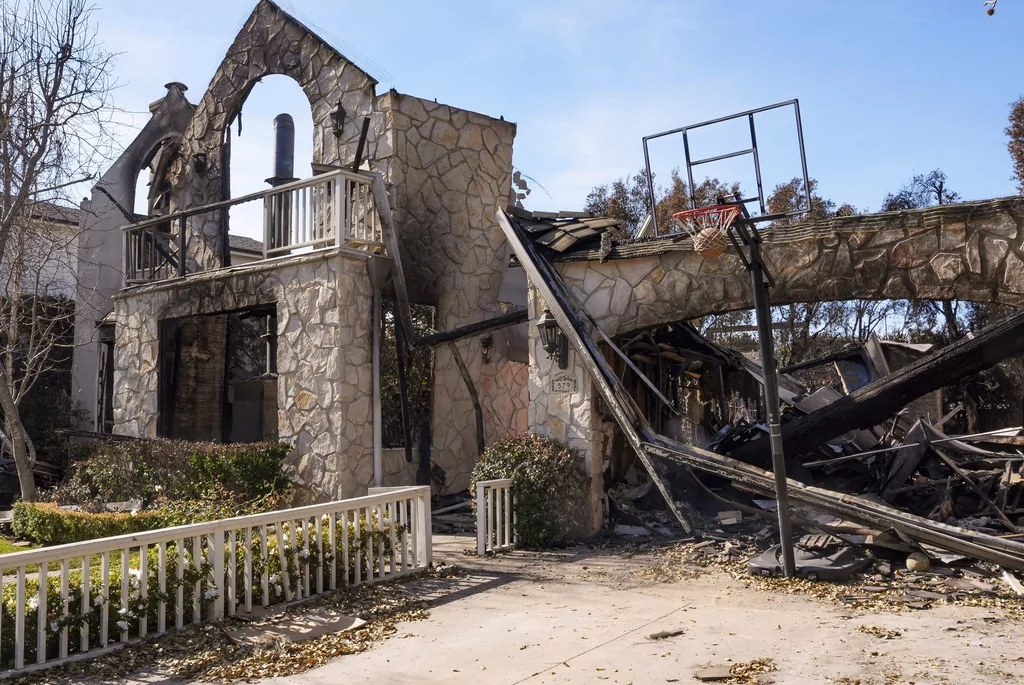AB 262, authored by Assemblymember Jessica Caloza, D-Los Angeles, would require California to “prioritize local agencies that are not eligible under [federal law] due to their inability to meet the minimum damages threshold” of $1 million to unlock federal disaster funds.
“You are carving out the authority for state funding to go to illegal immigrants,” said DeMaio. “The bill would allow the director of emergency services to prioritize funds for people who not here legally.”
Caloza responded by saying natural disasters impact all people who live in the area.
“Natural disaster does not discriminate whether or not it’s going to impact you and your community depending on your immigration status,” replied Caloza.
The State Assembly Committee on Emergency Management’s bill analysis highlighted its “equity impact” on Latino communities, providing more insight into the bill.

“Latino households and small businesses often lack disaster plans or insurance coverage, leaving them financially unprepared,” said the report, citing UCLA research. “Latinos are disproportionately employed in outdoor jobs such as agriculture, construction, and landscaping, where exposure to wildfire smoke poses significant health risks and often disrupts their ability to work, resulting in lost income.”
“At least 323,000 Angelenos have been affected by the wildfire, and among those, 74,000 were Latinos, or about 1 in 4,” continued the report.
According to the U.S. Census, Los Angeles is half Latino, which means Latinos were proportionately less likely to have been impacted by the recent fires.
The bill would also create and pass the California Individual Assistance Act, which would “provide local agencies, community-based organizations, and individuals” with “housing assistance” and “financial assistance” that includes coverage of “income losses,” “costs to clean, repair, or replace essential personal property items,” and even “medical, dental, and funeral expenses resulting from the local emergency.”
The funding would be given to individuals — defined as “a person residing in California” — and families.
The bill also would also fund “community-based organizations” for costs for personnel, equipment, translation services, supplies and materials for a governor-declared state of emergency. It also would fund “indirect administrative costs,” “reimburse local agencies or community-based organizations that provide individual and family grants,” and “fund necessary and required site preparation costs for evacuation and local assistance centers.”
BARBARA LEE PROJECTED TO WIN OAKLAND MAYOR ELECTION, OUTLASTING LOREN TAYLOR
The bill specifies that funds can be released even if the governor has not declared a state of emergency, so long as a local agency has proclaimed a local emergency and the director of emergency services accepts the proclamation.
It’s unclear what measures would be undertaken to prevent local elected officials from declaring minor local issues as disasters to qualify for more state funding and hand out more financial “assistance” to “residents,” especially with California Gov. Gavin Newsom’s history of weakening financial disclosure requirements after natural disasters.














